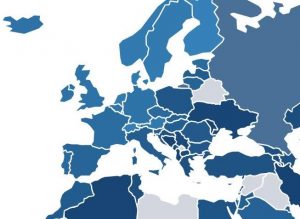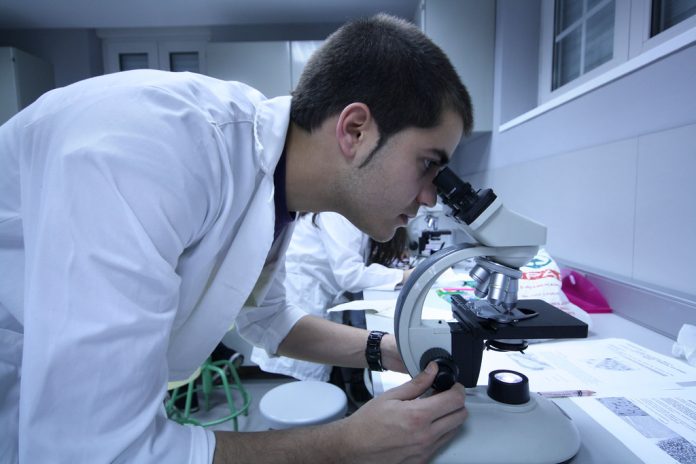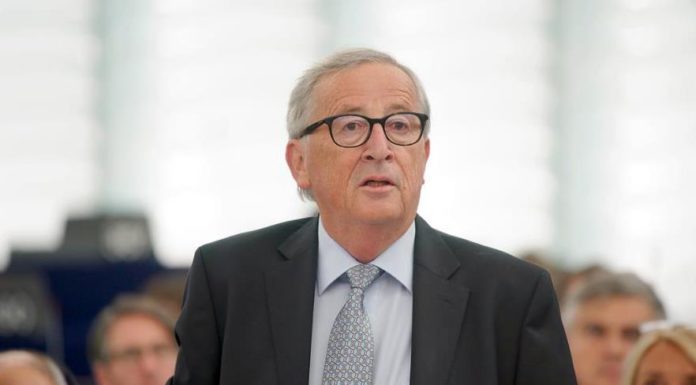Today, it’s “World IP Day”, which celebrates the value of intellectual property, or “IP”. Considering the havoc the Covid19 – pandemic has wrought to the world, and the solution for this, which was provided by vaccines, delivered at record speed – in the case of Moderna, for example, it only took 25 days to develop – it is worth taking a closer look at this issue.
In a policy paper, Philip Thompson and Mary Ann Cortese, of the Property Rights Alliance (PRA), discuss how the various Covid-vaccines were developed. The conclusion is that IP protection was pivotal:
“All late stage vaccines in development in the U.S. and most in the COVAX portfolio are the result of decades of discovery research, often by small startups, that laid the groundwork for companies, universities, and state-owned enterprises to be able to produce novel vaccines in record time. Private sector companies and universities where legislation permits research institutions to own and market intellectual property from government-funded research has led the way.”
They hereby also note that the “International Property Rights Index”, which looks at how well countries protect IP, “finds an almost perfect correlation of .92 when comparing property rights overall with the Global Biotech Innovation Index“, which measures success in biotech.

Last October, India and South Africa issued a proposal to temporarily waive intellectual property and patent rights on Covid vaccines and treatments, which they think would help developing countries to produce vaccines. Despite the fact that it was supported by more than 100 mostly developing countries, the United States, the EU, the UK, Switzerland, Japan, Norway, Canada, Australia and Brazil have blocked this proposal for a waiver of rights provided by “The Agreement on Trade-Related Aspects of Intellectual Property Rights” (TRIPS).
Nevertheless, both in the U.S. and in Europe, some are considering to go along with it. The Biden administration has considered backing it, and remains under pressure from progressive lawmakers. Josep Borrell, the vice-President of the European Commission, briefly endorsed the call on twitter, before deleting it.
A group of 175 former world leaders and Nobel laureates, including former French socialist President François Hollande and former British Labour PM Gordon Brown, has also urged the TRIPS waiver proposal to be adopted by the World Trade Organisation (WTO), claiming:
“A WTO waiver is a vital and necessary step to bringing an end to this pandemic. It must be combined with ensuring vaccine knowhow and technology is shared openly”
At the moment, the WTO Trips agreement already permits countries to make their own generic versions of branded drugs and vaccines, by using so-called compulsory licenses, but so far none of the developing countries has used this option when it comes to Covid-19 products.
Why? Simply because many countries do not have the required production facility, explains American legal scholar Dalindyebo Shabalala, who has worked with both developing countries and the World Intellectual Property Organization, in an article for The Conversation.
He mentions that specifically for Covid-vaccines, the technologies used “are complex and involve multiple patents, trade secrets and know-how. A compulsory licensing system would need to address not just patents but all related intellectual property”.
Countries that have the production capacity, like India, are not allowed, under WTO rules, to issue compulsory licenses to companies within their territories to produce products primarily for export. WTO rules have already somewhat changed in this regard, but Shabalala suggests to smoothen this route “across all relevant intellectual property needed to expand vaccine manufacturing”. He therefore calls to “[remove] the TRIPS limitations on production for export”, which he thinks “would allow a country like India, at the request of a qualifying country, to issue blanket compulsory licenses covering all COVID-19 vaccine technologies, set the compensation prices and allow the vaccines to be exported to multiple countries simultaneously.”
It’s important to keep in mind that even with compulsory licensing, the WTO foresees that “the patent owner still has rights over the patent, including a right to be paid compensation for copies of the products made under the compulsory licence”.
Shabalala’s proposal is a welcome alternative to simply tearing up patents. However, whether the likes of India and South Africa should be allowed to “set the compensation prices”, as he proposes, is questionable. A more sensible approach may be to require an agreement between drug manufacturers and the government of the country hosting companies that intend to export the Covid vaccine copies.
In case poorer countries would not be able to afford this, richer countries could help. Considering the importance of reopening the world economy, this may be in the interest of richer countries themselves. Given that this route to vaccinate the world closely involves the private sector, it may be more successful than multilateral vaccine initiative COVAX, even if the export bans that hamper COVAX burden overall vaccine procurement.
“To facilitate the implementation of the TRIPS Agreement flexibilities” is also the preferred route to take for the European Commission. It’s good to see it is steering clear of anti-IP populism.
At the end of the day, it’s of crucial importance to compensate innovators for the enormous value they have contributed, which is evidenced by statistics proving the effect of Covid vaccines on economic recovery in places with quick vaccine administration, like Israel.
To consider solutions within the framework of respecting intellectual property rights would enable to deal with the real obstacles to vaccine procurement: scaling complex manufacturing and resolving difficult logistic challenges.
Last but not least, it should be mentioned how an unintended side-effect of tearing up patents could be that this further stimulates harmful counterfeit medicines trade. Already today, organized crime groups are using their networks to produce and distribute counterfeit and fake COVID supplies. Only last week Pfizer, warned it discovered the first confirmed instances of counterfeit versions of its Covid vaccine, in cases in Poland and Mexico.
Not to mention, everyone that can make vaccines is already doing so with licensing agreements, and it's not easy (see emergent)
Waiving IPRs not only adds unlicensed manufacturers (less regulated) but also invites a wave of completely illegitimate manufacturers like cartels
— Philip Thompson (@Phili_Thomp) April 22, 2021
Violating IP rights now would be to crush future innovation. It would moreover inflict immediate economic damage. Also in Europe. According to a letter signed by 101 groups from 47 countries at the occasion of “World IP Day”, “in the EU, IP-intensive industries employ 30 percent of the workforce and are responsible for 45 percent of GDP”. Already, IP violations are very costly to the European economy, as counterfeit medicines alone cause an annual 9.6 billion euro damage, with 80% of the seizures of counterfeit and pirated goods seized by EU originating from China.
How to protect intellectual property rights is of course up for debate, but certain well-know deficiencies with IP law should not lead to ditching IP altogether. Fundamentally, anyone supporting contractual freedom should also respect intellectual property rights. Whenever a contract is agreed to use a certain medicine, song or picture in a certain way, that should be respected. The difficulty to enforce such contractual arrangements has given rise to the myriad of national and international IP provisions, intended to protect innovation. Sometimes, the nature of these provisions is up for improvement. Applied to Covid vaccines, this should also be the way to go, not throwing away the baby out with the bathwater.













